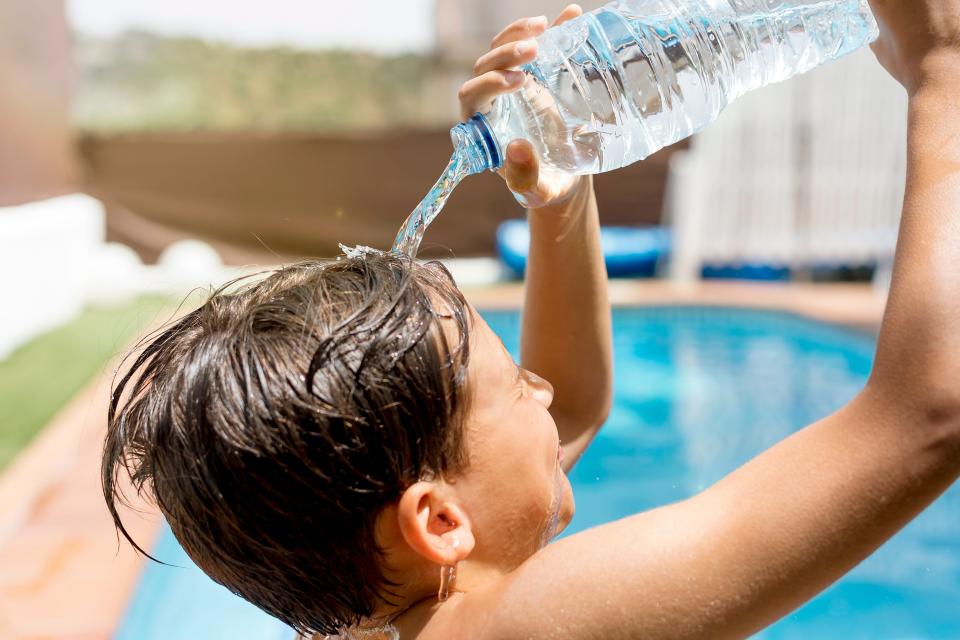It's about to get hot in Ohio. How to prevent heat stroke, heat exhaustion
It's going to get blazingly hot in Ohio next week, with temperatures in the 90s and a heat index of 100 degrees or more in some parts of the state.
With the hot weather comes a high likelihood of heat stroke or other heat-related illnesses. Here's what you should know to prevent them.
What is heat stroke?
Heat stroke is the most serious heat-related illness, according to the Centers for Disease Control and Prevention. It happens with the body loses the ability to cool itself. When you lose the ability to sweat, the body's temperature rises rapidly, potentially hitting 106 degrees or higher in 10 to 15 minutes.
Heat stroke symptoms
Symptom, according to the CDC, include:
Confusion, slurred speech or altered mental status
Loss of consciousness
Hot, dry skin or profuse sweating
Seizures
Very high body temperature
How to treat heat stroke
If someone is suffering from heat stroke, the CDC advises to first dial 911, then move the person to a cool, shaded area. Cool the victim using a cold bath if possible, wet their clothing with cold water or use cold, wet compresses on the head, neck, armpits or groin.
How to prevent heat stroke
To prevent heat stroke, the Cleveland Clinic advises avoiding strenuous activity in the heat and consume sports drinks or lightly salted water. Also, wear light, loose-fitting clothes in the heat.
If you must be outside for work or sports, gradually acclimate to the heat over several weeks. Also, you can just avoid the heat altogether by staying inside, in the air conditioning or well-ventilated areas.

What is heat exhaustion?
Heat exhaustion is the body's response to the excessive loss of water and salt, according to the CDC, usually through excessive sweating. It's most likely to affect the elderly, those with high blood pressure and people working in hot environments.
Heat exhaustion symptoms
The CDC says symptoms include:
Headache
Nausea
Dizziness
Weakness
Irritability
Thirst
Heavy sweating
Elevated body temperature
Decreased urine output
How to deal with heat exhaustion
If someone is suffering from heat exhaustion, the CDC recommends taking them to an emergency room or clinic for an evaluation or calling 911 if medical care is not available. Otherwise, remove the victim from the heat, and give them a cool drink. Remove some clothing to help them cool down, including shoes and socks. Apply cold compresses and encourage sips of cool water.
How to prevent heat exhaustion
To avoid heat exhaustion, the Cleveland Clinic recommends wearing loose, breathable clothing if doing physical activities outdoors in the heat and taking plenty of breaks in the shade. Also, stay hydrated. Take sips of water or sports drink every half-hour or so. And if you know it's going to be hot, plan your activities in the morning or evening, when it's cooler.
This article originally appeared on Record-Courier: Ohio forecast calls for a heat wave. How to prevent heat stroke, heat exhaustion

